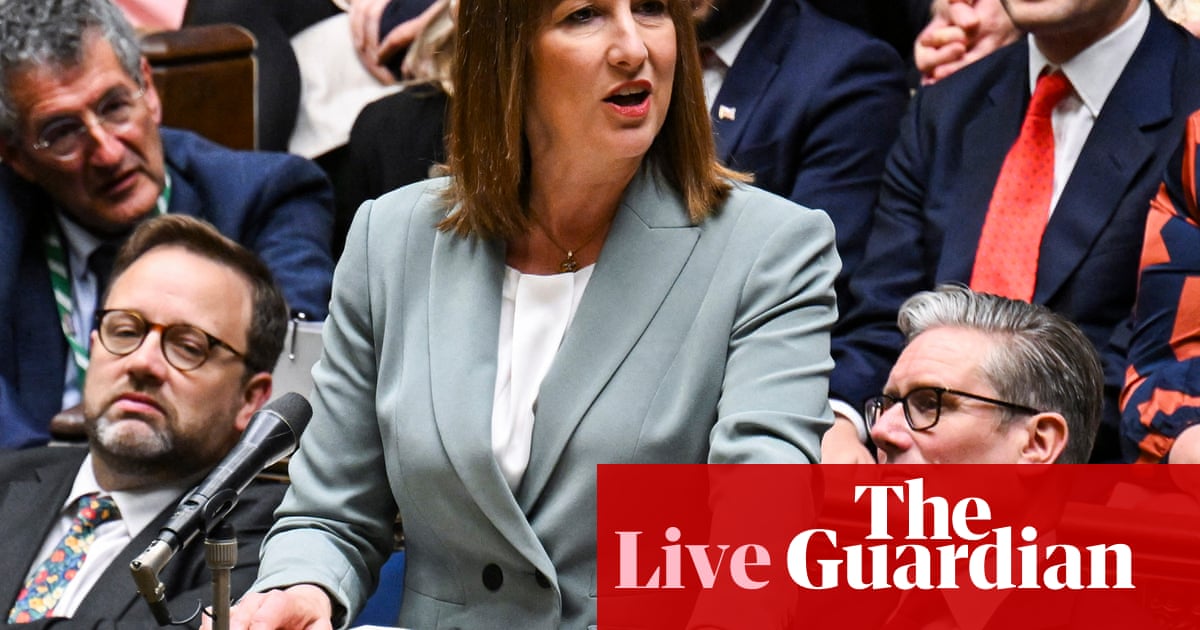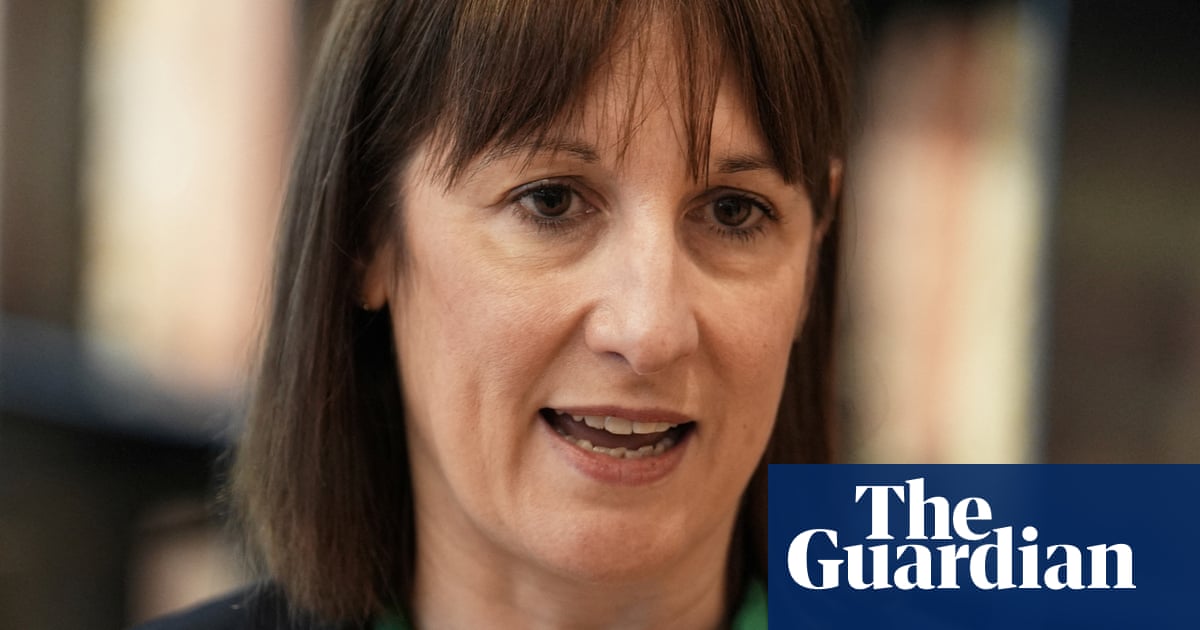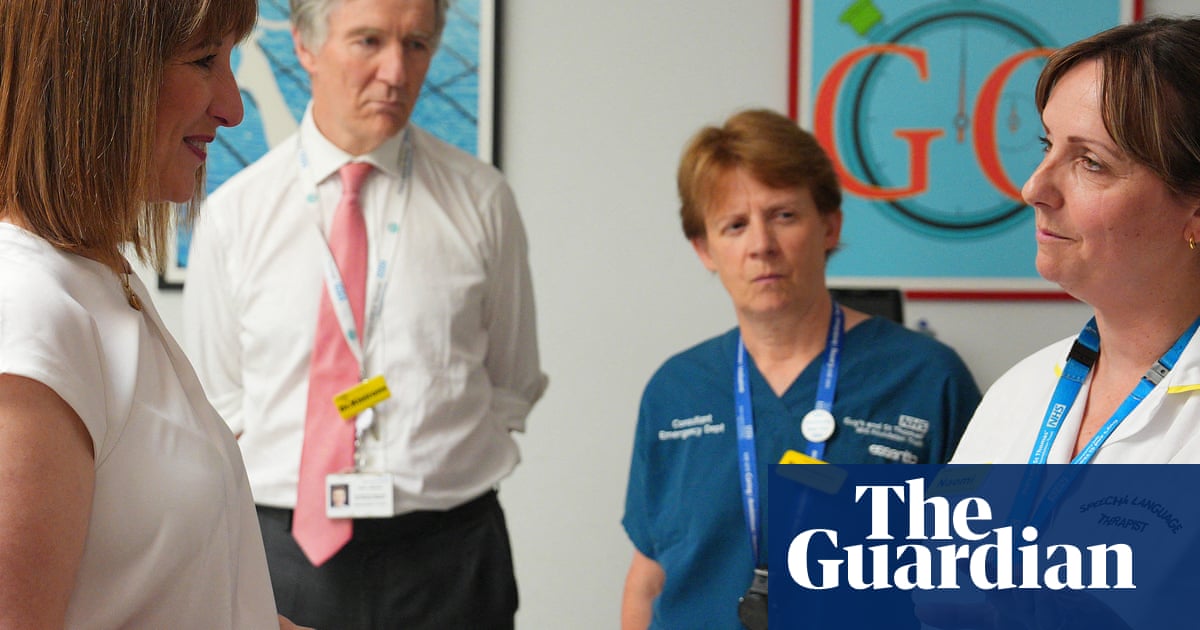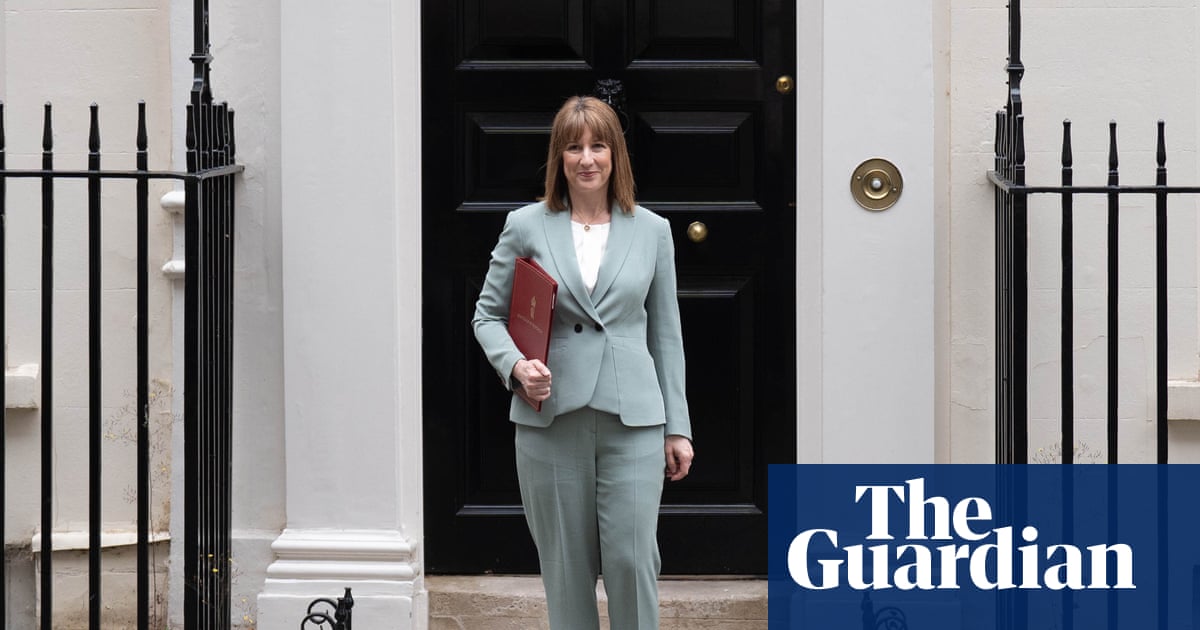UK Government Confirms No Reversal on Disability Benefit Cuts Amid Major Investment Plans
Rachel Reeves, UK Treasury chief, defends planned cuts to disability benefits while announcing significant investments in housing and infrastructure over the next decade.
Subscribe to unlock this story
We really don't like cutting you off, but you've reached your monthly limit. At just $5/month, subscriptions are how we keep this project going. Start your free 7-day trial today!
Get StartedHave an account? Sign in
Overview
- Rachel Reeves confirmed that the government will not reverse cuts to sickness and disability benefits despite facing criticism from various quarters.
- Discussions are ongoing between Liz Kendall and Reeves regarding potential reviews of the assessment process for Personal Independence Payments (PIP).
- Reeves emphasized a focus on government spending priorities that avoid tax increases, aiming to adjust rules rather than eliminate disability benefits.
- A £39 billion investment in social and affordable housing was announced by Reeves, marking the largest funding boost in 50 years.
- The Labour government seeks to regain political momentum through Reeves' spending plans, following a landslide victory fueled by calls for change.
Report issue

Read both sides in 5 minutes each day
Analysis
Emphasizes Labour's strategy to regain political initiative through disciplined spending plans by Reeves.
Articles (7)
Center (3)
FAQ
The UK government plans to cut disability benefits, including changes to Personal Independence Payments (PIP), which could affect up to 800,000 people. Additionally, there are plans to freeze and reduce elements of Universal Credit for new recipients, impacting 3 million people.
The cuts are part of a broader strategy to avoid tax increases and focus on other spending priorities, such as a £39 billion investment in social and affordable housing.
The cuts are expected to push an additional 400,000 people into poverty, including 50,000 children, and could exacerbate financial hardships for those reliant on these benefits.
History
- 5M

 4 articles
4 articles





